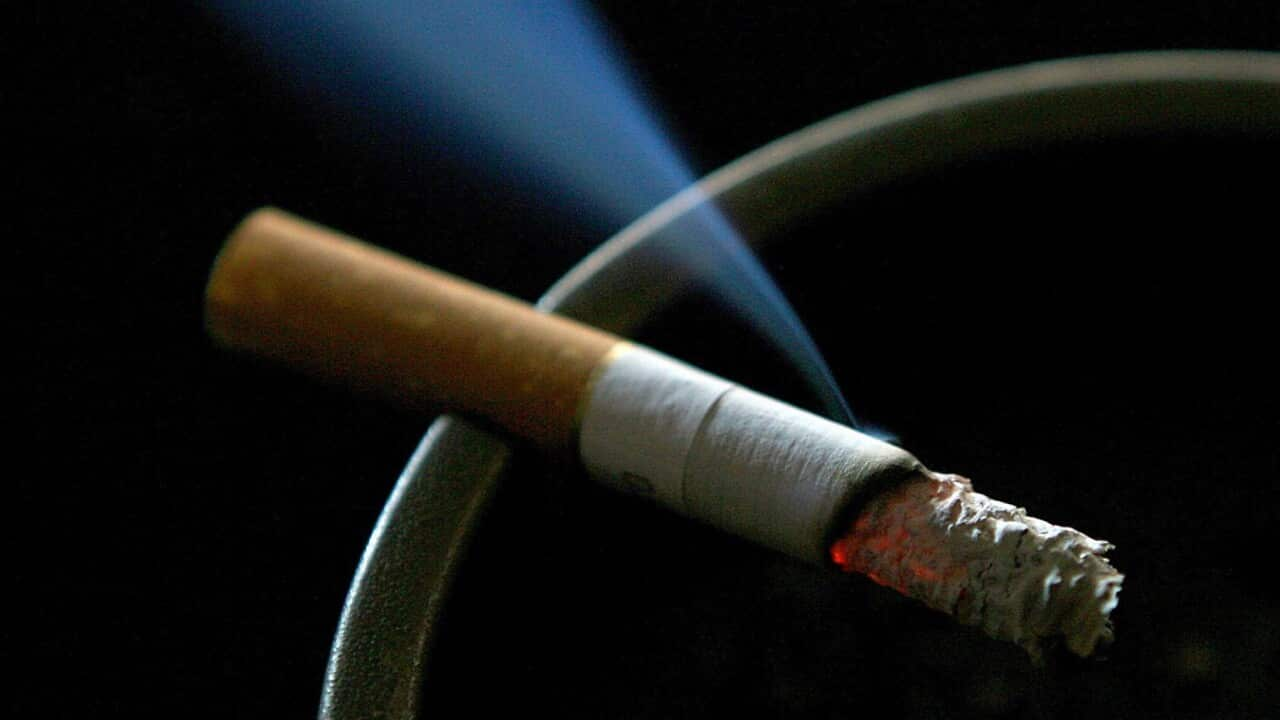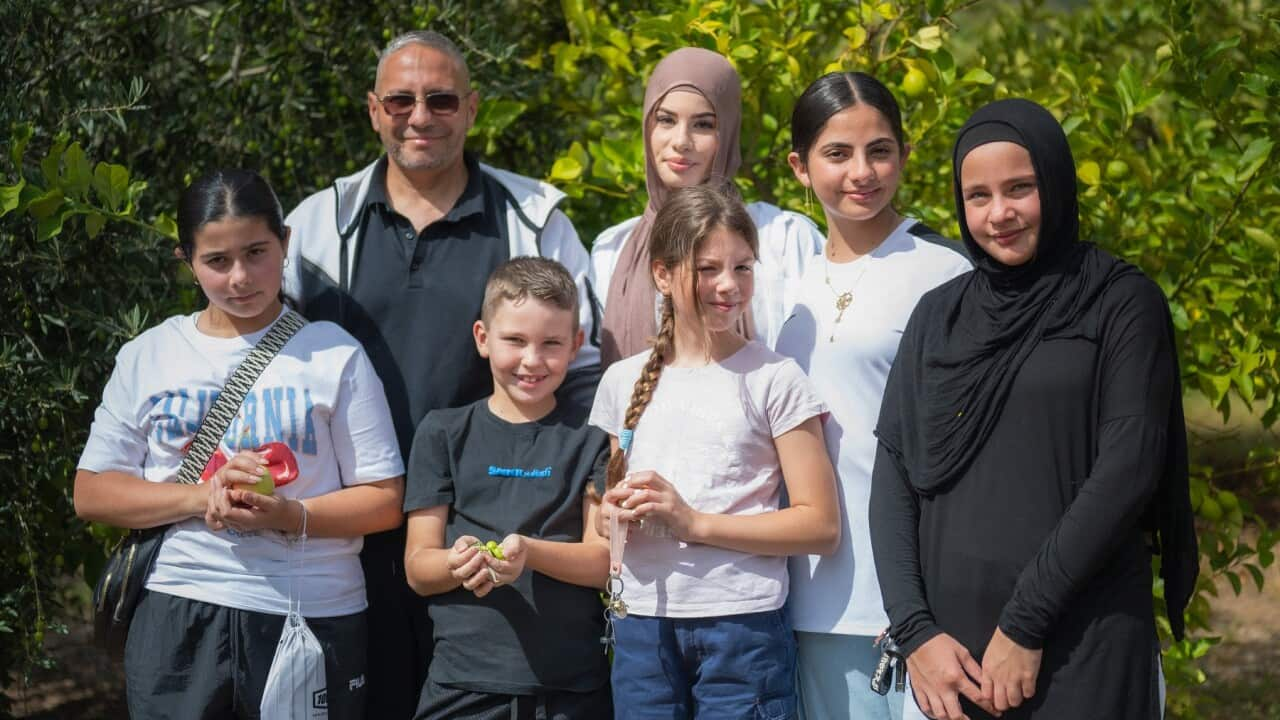TRANSCRIPT
[[crickets, birds around Yarrabah]]
A world away from the tourism hub of Cairns, the town of Yarrabah is waking to another sun-filled morning.
The steep hills covered in thick rainforest give way to a small clearing, where this Indigenous community has developed along a stretch of beach.
A newly-constructed jetty extends into the water, which some early risers are using for fishing and crabbing.
But in this slice of paradise, the local health service, Gurriny Yealamucka, has raised concerns that the lack of housing and employment opportunities have exacerbated the issue of smoking.
Its Chief Executive is Suzanne Andrews.
"One of the main things we are challenged with is overcrowding in the homes. So, when we look at the social challenges, overcrowding is one of those. So, if you have someone in a house of say 12 people, and that person wants to give up smoking, it's really hard when you've got 4 or 5 other people in that house that are smoking as well, so that's a challenge in itself."
Census data shows there are just over 2,500 people in this community, but health authorities say that figure is closer to 4,500.
Regardless, the vast majority identifies as Indigenous, and the rate of tobacco smokers among them far outnumbers the national rate.
The Australian Institute for Health and Welfare says 8.3 per cent of the population above 14 years old smokes daily.
In Yarrabah, though, the local health service puts that number as high as 55 percent, which they say is due to a range of social factors.
Lynette Anderson is the Queensland manager for the Federal Government's Tackling Indigenous Smoking Initiative.
"We know from the stats here in Yarrabah that the smoking rates are high because they're dealing with a lot of disadvantage in terms of employment opportunities and housing opportunities. So, it's very important that we look at smoking in a holistic way and not just worry about the fact that you're smoking and we need to help you in some way."
[[CULTURAL DANCE]]
In town, a new campaign has been launched in partnership with Deadly Choices and Tackling Indigenous Smoking.
It's aim is to reduce the issue in remote communities, particularly among young people and pregnant women.
Lynette Anderson again.
"Our women know that it's bad for them to smoke, and what we're seeing is more of a trend to try and reduce their smoking as opposed to quitting altogether because of the stresses that are at home. They have other children at home, sometimes we have overcrowding in homes that women are dealing with, they could also be victims of domestic violence, so whilst they're trying to reduce, it's a whole other angle that we need to address in terms of them quitting altogether, because you can't take that away without know all the other stresses that are impacting on their day to day lives."
Yarrabah local Ian Patterson started at the age of 13, and says he ended up addicted for more than 20 years.
He says he stills remembers his first cigarette.
"Actually it was a rollie ((roll-your-own cigarette)) but it was 1974, when I was 13 years of age. So, I don't know, it was just experimenting I suppose at that age, not so much rebelling but more just running with the boys."
The launch featured gazebos on the local football oval, which had educational resources for the community.
There were also surveys to take a sample of the number of smokers, and direct smokers who wanted to quit to support services.
[[RUGBY LEAGUE GAME]]
And because this is Far North Queensland, which is mad for rugby league, there was some NRL star power from former players, and now Deadly Choices ambassadors, Petero Civoniceva ((si-vo-ni-si-vah)) and Willie Tonga, who spoke with SBS at the launch.
"Smoking is one of those issues that our people do find themselves in. We want to break that cycle, close the gap, and there are so many benefits if they do quit smoking. We want them to live healthier lifestyles and also get that education out there."
For up-and-coming fullback Hezron Murgha, who has a promising future in the game, staying away from tobacco is important.
"If you're playing football, then you could just faint and be in the hospital."
A message this campaign hopes will be heard by the rest of the community.













